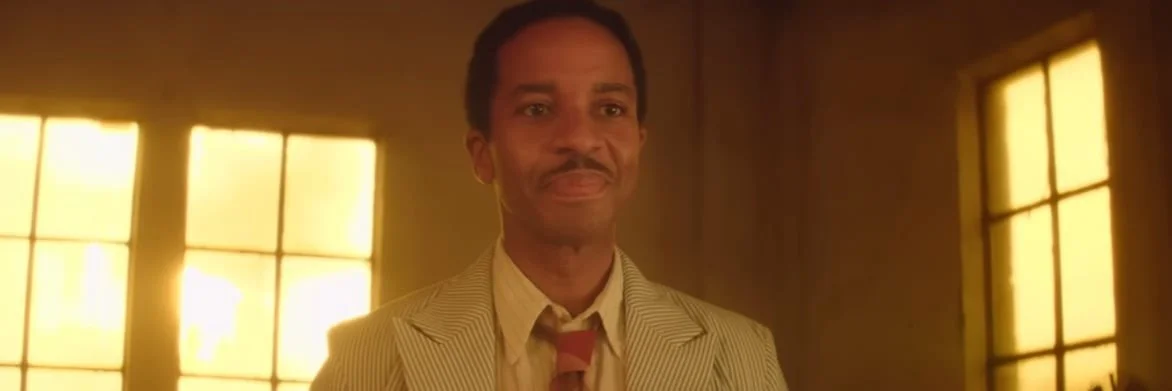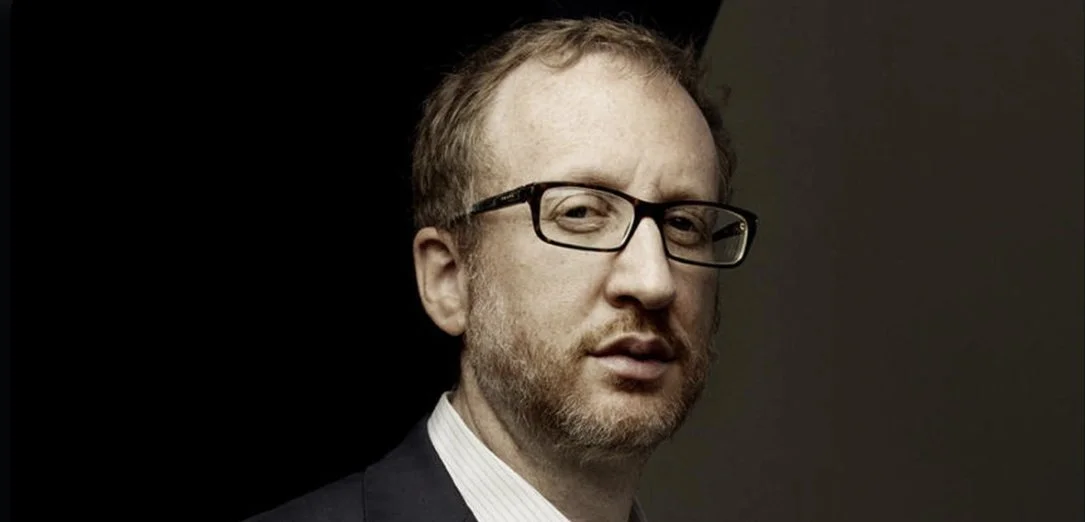While we await James Gray‘s upcoming John F. Kennedy biopic, still in development, the writer-director will follow up last year’s “Armageddon Time” with a ghost story.
Deadline is reporting that Gray will team up with Focus Features for “Ezekiel Moses,” from a script by Keith Bunin.
The film is being described as a “Depression-era ghost story” about a young boy in a small town, who randomly meets a drifter who may or may not have supernatural powers — he claims he can speak to the dead.
Bunin’s latest draft of the script reportedly amazed the people over at Focus, and Gray quickly hopped onboard this film, which he has not written! A first?
Gray is a filmmaker with passionate supporters, and just as many detractors. The 54-year-old director has the kind of classicist filmmaking style that the mainstream might deem “too boring.” However, critics, especially the French, absolutely love him and that’s why he’s become a Cannes regular.
The Queens-born filmmaker has never really had a breakout hit. His films seem to come and go, but his passionate, albeit cultish, fanbase have been the reason for his lengthy career and constantly greenlit projects.
When Gray does hit the mark (“Two Lovers,” “Lost City of Z,” “Armageddon Time”), a mysterious beauty is achieved, the kind of cinematic bliss that reminds us why we love the movies so much. Then again, I find he’s also had several misses over his three-decade career (“The Immigrant,” “Ad Astra,” “The Yards”).
Gray makes movies plucked out of time. Watching something like “Two Lovers” or “We Own the Night” is like going back to a time when classicist filmmaking was the norm. His detractors will tell you that he’s stuck in the past. A hater wrote back in 2019:
“The problem I have with James Gray and why critics love him, I think, is essentially because he’s a cold filmmaker. I’m sure he envisions himself as Kubrick-lite and maybe so since Kubrick also had chilly water flowing through his veins. But none of Gray’s films invite you in — they keep you at arm’s length as an observer, not a participant. Critics tends to dismiss filmmakers who emphasize emotional content. Even Hitchcock, who thrived on emotion, was dismissed in his time. Gray is obviously intelligent but his films exude the sensibility of a calculating, emotionally distant academic.” — Received this afternoon from a filmmaker friend.
I find this description, which many agree with, fairly inaccurate, especially since I find his best work is often deeply moving despite their melodramatic tones; There’s something intellectual and formalist about them.
The fact of the matter is that, yes, Gray’s fans are mostly composed of a fraternity of critics and ardent film festival goers who’ve sworn by his films for a few decades now. Many of these critics revel in Gray’s works because they are deeply moved by their withholding nature. There’s an emotional restraint to them that feels meticulous and scholarly. Either you vibe with them or you don’t, and if it’s the former then you’re in for an excruciatingly dull experience.






